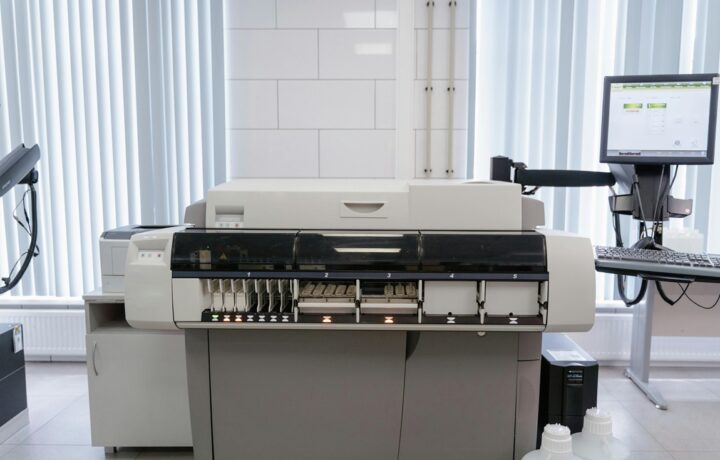As he prepared to leave the country the morning of August 9, the FBI arrested Gohkan Gun, a Department of Defense civilian employee working with the U.S. Air Force who has been charged with mishandling classified materials, to include material classified as Top Secret. Gun is a dual-citizen of Turkey and the United States. At the time of his arrest he was waiting for a rideshare pickup at his Falls Church residence to take him to the airport for a 6 AM flight to Puerto Vallarta, Mexico. That didn’t happen. The FBI arrived with a search warrant. Gun was arrested, and the FBI found hundreds of classified documents stacked in his dining room and in a backpack. In addition, the FBI found a document which catalog and listed his current U.S. government security clearances.
Gun’s hoarding
In 2012, Gun was given permanent lawful resident status in the United States and was naturalized as a U.S. citizen on July 4, 2021.
Gun began his work with the Air Force in mid-2023, just over a year ago, and apparently was a prolific hoarder of materials, having routinely printed documents to which he had access, often at the end of the work day. The investigation into Gun shows that 256 individual documents totaling more than 3400 pages were printed since his hire. While retaining unclassified materials may not be crime, it certainly is a signal worthy of reporting to the insider risk management team – which appears to have been the case in this instance. Classified documents were among the hoard of unclassified papers, which he did not have permission to retain in his residence.
The exfiltration of documents by Gun was not sophisticated and perhaps would have been discovered had he been interrupted at the exit with a routine bag check for classified materials. Gun’s M.O.? He rolled the printed documents into a wad and placed them in plastic shopping bags and carried them out the door. Some of the classified documents were printed and exfiltrated as recently as August 7, when it is believed Gun printed out 82 pages of Top Secret material which “matched the titles of intelligence products on the top secret network.”
About Gun
Gun self-identifies himself as a “Member of technical staff – U.S. Air Force” on the IEEE collaboration site. He shares that he acquired his Bachelor of Science in Engineering from George Mason in 1999, his Masters in 2003 from George Washington University and his PhD in computer science and information technologies in 2014 from Southern Methodist University.
Espionage or something else
There are questions aplenty on the motivation for Gun to print and retain both classified and unclassified documents sourced from his U.S. Air Force work. In addition, to this trained eye, if the backpack which contained the classified materials and listing of his security clearances was part of his items prepared to accompany him to Mexico, then one must think espionage. It is no secret that the Russian Federation has a robust presence in Mexico.
Hoarding is, unfortunately, not unusual. We can look to the case of Harold Martin, an NSA contractor who was found with terabytes of classified materials in his possession, which he collected over a span of 20 years. as an extreme example. We should also look back on the case of Elizabeth Jo Shirley of Hedgesville, WV, who pled guilty to “Willful Retention of Defense Information” and attempting to pass that classified information to Russian intelligence officers in Mexico City in 2020.
While Gun claims he was on his way to Puerto Vallarta to fish with friends (NFI), perhaps there was a more nefarious reason for travel extant from putting a hook into the waters of Banderas Bay. Did Gun intended to attempt to initiate a clandestine relationship, by first traveling to Puerto Vallarta and then arranging separate domestic travel to Mexico City? Alternatively was the trip part of an established communications and meeting plan with a foreign intelligence service, be it Russia or another?
Answers to these questions will have to wait, as Gun is scheduled to be arraigned on August 13, when perhaps additional tidbits on his motivation and intentions will filter out. In the interim, FSO’s may wish to use this arrest of Gun as a means to validate the need for random bag checks at the exits, as part of the overall counterintelligence readiness and an important part of the deterrence to keep classified materials from walking out the door.




